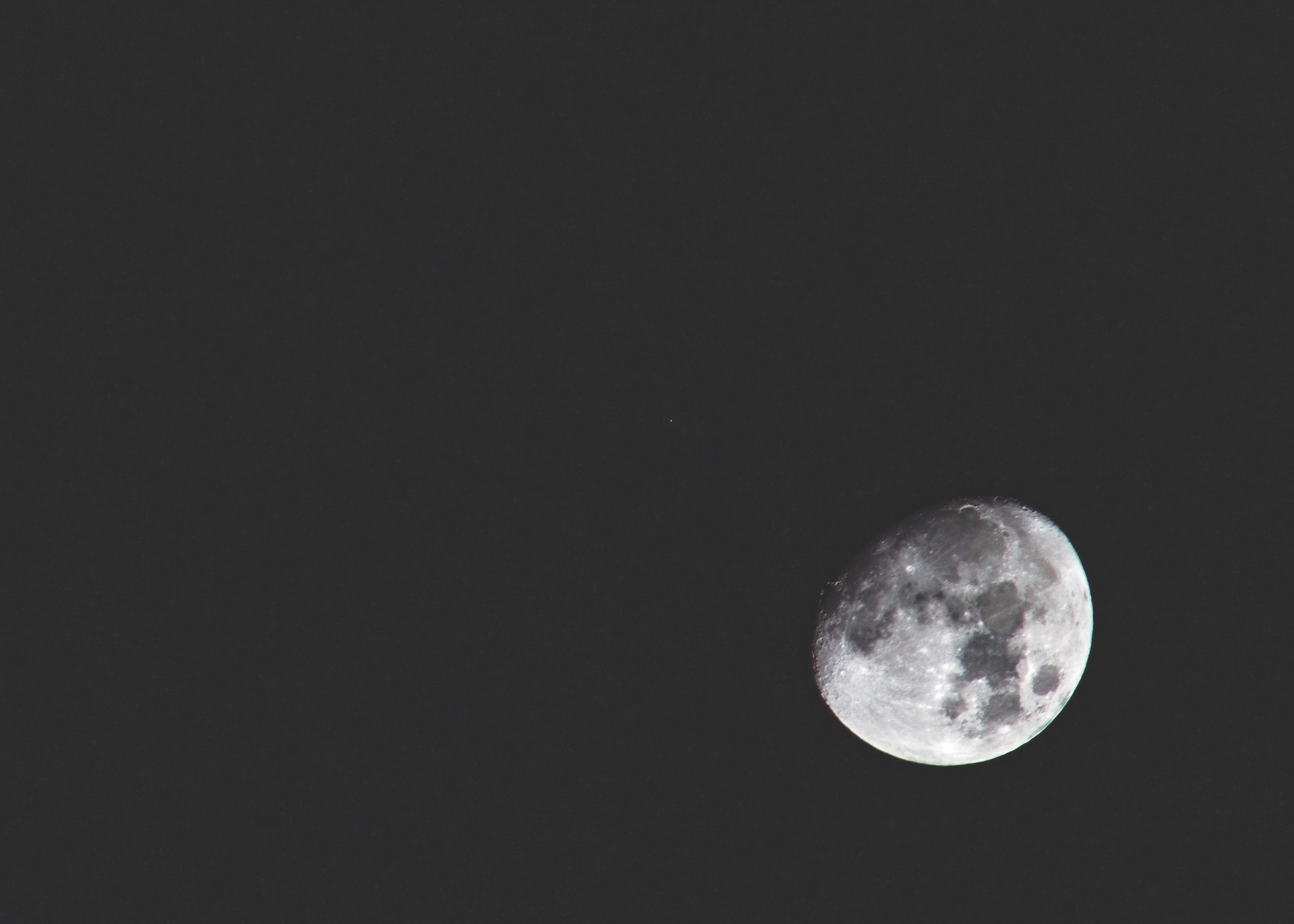Sky Watch: Planets and Moons
Thanks to the help of SLU Professor Aileen A. O-Donoghue and Dominic Ford’s incredibly informative astronomical calendar, I bring to you this week’s sky events:
This week’s sky will be displaying a spectacular dance between the moon and the planets, but first, it is worth noting the start of a new Lunar cycle. New Moon will occur on Nov. 4, making Friday the official start of the next moon cycle. For anyone who has been following this column for some time, or that maybe just frequently studies the cycles of the moon on their own, you may wonder why the new moon never seems to line up with the start of a new calendar month. Interestingly, the answer is actually simple. Our calendars in the U.S. mainly follow a solar year, which is based on a 365 day year (the amount of time it takes the earth to orbit the sun one time). By contrast, the lunar year is based on 12 full cycles of the moon around the earth, which adds up to 354 days. That’s 11 days short of the solar year, so the lunar year is sort of always playing catch-up. The lunar calendars are actually the oldest forms of calendars we have, and some say we switched because the lunar calendar does not always stay quite lined up with the seasons. This has been called “seasonal drift” and can affect important holidays that fall in particular seasons, which may be why most calendars in the U. S. tend to lean toward being based on a solar year. However, this often still includes the moon phases.
The moon will continue to be an active subject this week since it will move into perigee on Nov. 5 and then into perihelion on Nov. 6. The moon at perigee means that it will reach its closest point to Earth in its orbit. This happens because the moon’s orbit is not perfectly circular—it is actually ovular—just like the orbit of all objects in space including the planets orbit around the sun. This path is called an ellipse, and when the moon makes its closest approach to the earth it will appear slightly larger in our night sky. The moon at perihelion indicates the moment when the moon makes its closest approach to the sun along its ellipse. This moment will always happen when the moon is set between the sun and Earth and this is why that perihelion always happens near or on the New Moon. Which makes sense if you think about it because the New Moon must occur under the exact same circumstances when the lit side of the moon (illuminated by the sun) is facing away from earth. This situation can sometimes be hard to visualize but is easily simulated with a light source and a round object. When you have a moment, I recommend trying to recreate the phases of the moon by using yourself as the center of the Moon’s orbit. You will find that in the moment that you are facing the light source with the circular object between you and that light source, that the ball’s face will not be illuminated because the ball object will be blocking the light. The real thing really is that simple, just bigger!
The rest of this week will be events in which the moon will be in conjunction with numerous planets including Venus, Saturn, and Jupiter. This means that for these respective dates (nights), the moon will appear to be moving in parallel with each planet since its right ascension—or the angle of its path—will be the same. Technically these events will also be called an appulse because at the same time as their conjunction the moon will also be making its closest approach to these planets. So, on Monday, Nov. 8 the moon will move with Venus. Then on Wednesday, Nov. 10, the moon will switch partners, moving with and towards Saturn. Finally, on Thursday, Nov. 11, the moon will dance along with Jupiter completing its cosmic waltz in the night sky for this week. Each of these events will be visible with a telescope, or in the case of Saturn, which is often very bright, can be viewed with the naked eye. So, before it’s too cold, get outside and watch the show! And if you don’t mind the cold, there will always be more fantastic events to see every week.



